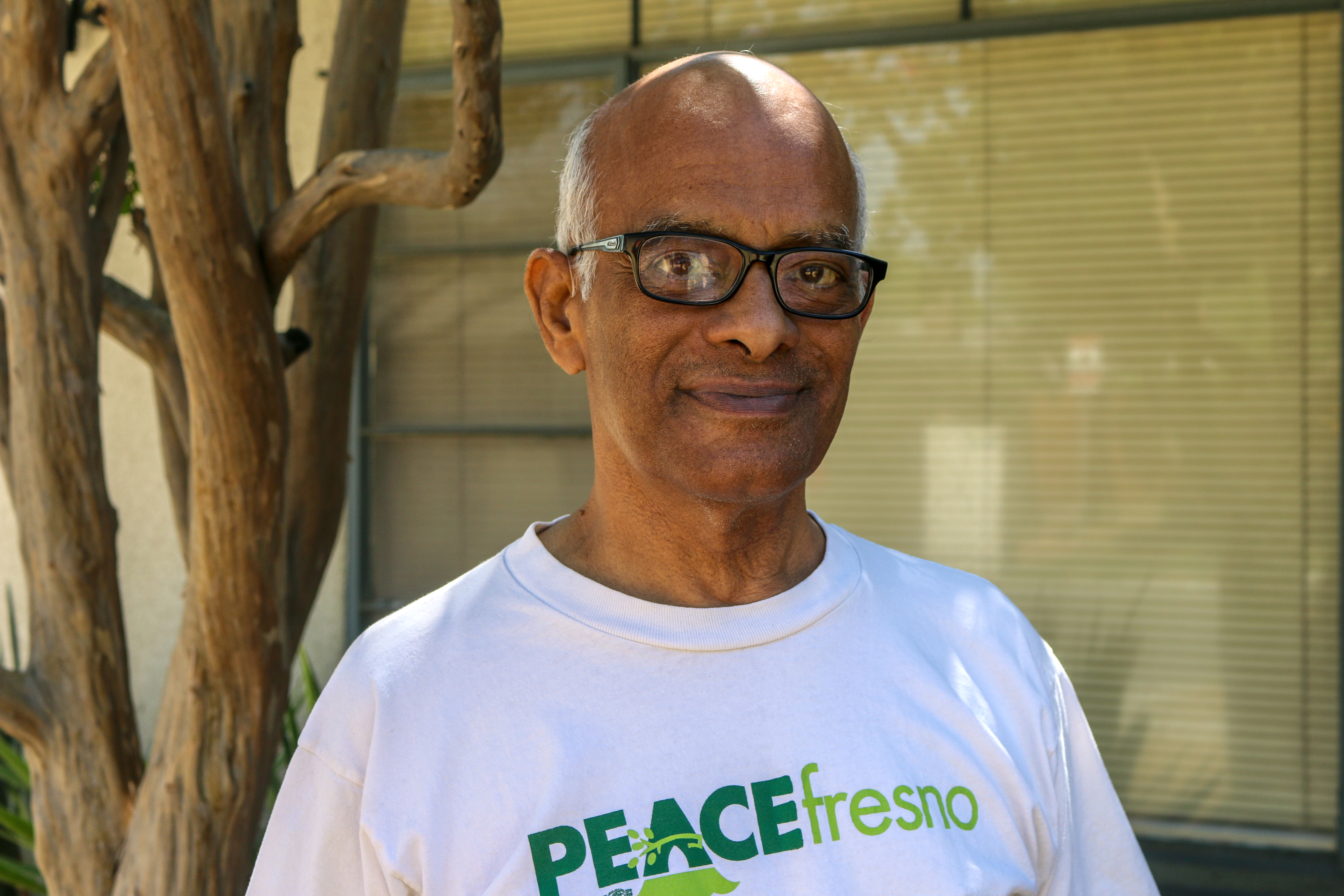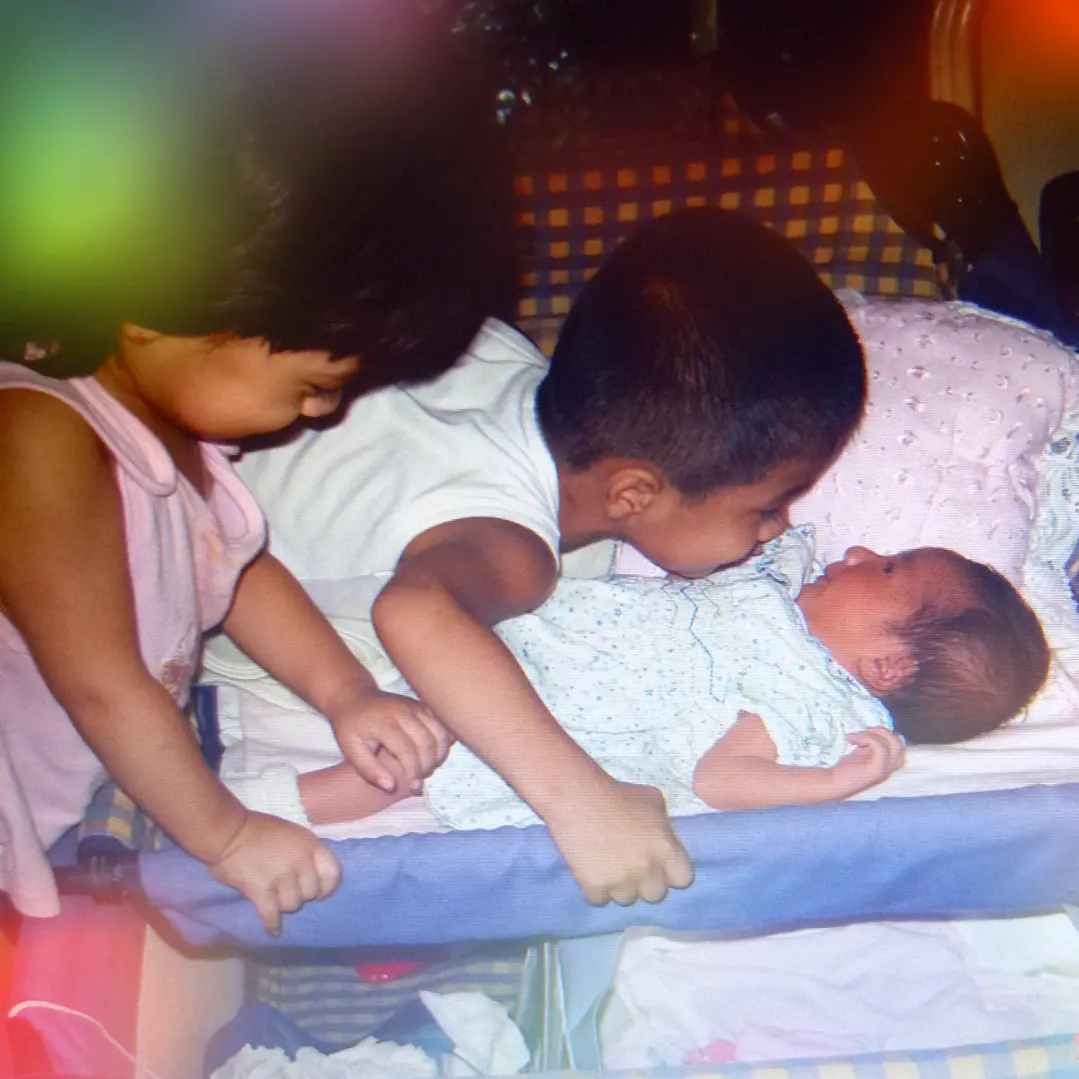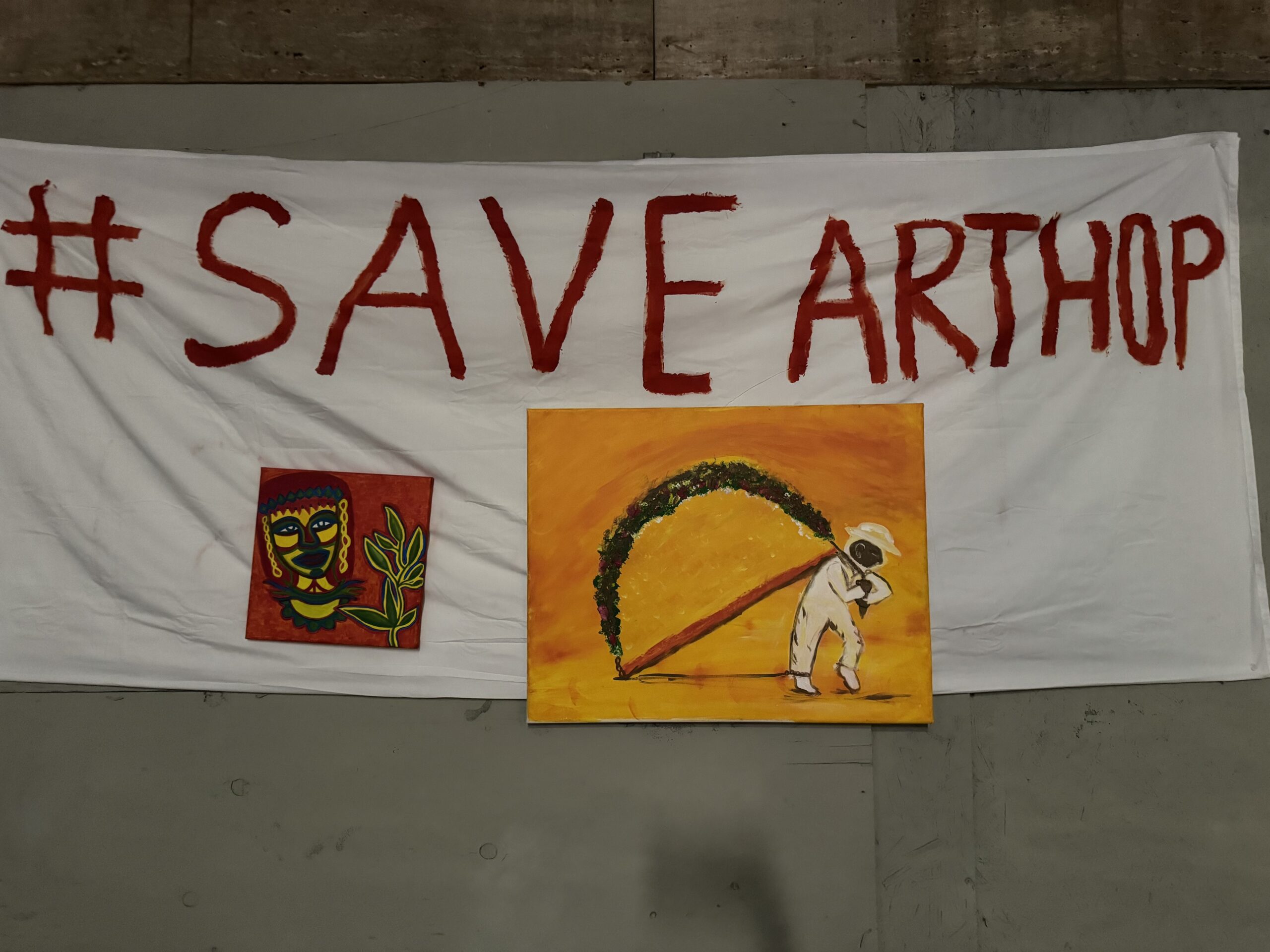
Over a year ago, I covered a protest at Fresno’s City Hall on International Women’s Day. Among a diverse sea of women, a few male heads bobbed through the crowds.
One such head radiated familiarity — his South Asian appearance, activist t-shirt and warm smile immediately drew me towards interviewing him for the piece I was writing at the time.
As we spoke, he proudly declared his self-identification as a feminist and anti-war activist in a comforting, Pakistani accent my grandparents led me to love. These proclamations captivated my interest and curiosity and, a year later, I jumped at the chance to interview him once more, this time on toxic masculinity.
Dan Yaseen is a cofounder of Peace Fresno, a local organization calling for “action for social justice and alternatives to war”. Stemming from the Fresno Center for Nonviolence, Peace Fresno was born after the rise of warmongering following 9/11.
Yaseen grew up in Karachi, Pakistan, the same place as my mother, and came to America for graduate school, just as my mother did. Many people assume that Pakistani and other Muslim cultures go hand-in-hand with toxic masculinity, and while that assumption is based on some inescapable truths, Yaseen is an obvious exception to this sweeping generalization.
Yaseen has the remarkable ability to not take any societal norms at face value, whether Pakistani or American. Toxic masculinity is perpetuated by the blind acceptance of what has always been done or what one has always been told. With increasing globalization and modernization, many cultures find holding onto archaic values an avenue of preservation, and while tradition can provide positive outcomes, byproducts of intolerance are inevitable. It is a well-established fact that the biggest influences on social and economic values are one’s family and culture, and it takes a strong-minded person to defy these enormous authorities.
Yaseen recounts his earliest subconscious notions of feminism as a child growing up in Pakistan. He says that in Pakistan, many men believe that women are less intelligent than men, meaning that they are physically and mentally incapable of certain tasks.
Despite being submerged in these ideas, Yaseen recognized the intelligence in the women around him in school, though they were few in number. Yaseen himself doesn’t see this as a rejection of a societal norm, but instead says he never accepted these norms in the first place. He came to his own conclusions about women and their worth, disregarding the toxic masculinity around him entirely. He told me he judged people based on their ability, not on what he’d been told.
Yaseen brought something to the table that I had overlooked: the idea that American toxic masculinity is rooted in and encouraged by militarism, war and violence. In his own words, these three factors breed the worst type of masculinity. “Military worship,” as he calls it, defines masculinity in the United States, and this in itself is toxic.
Many people, including myself, think of rape culture and machismo when toxic masculinity is mentioned, completely ignoring the influential authority that is American military worship. If masculinity in America is based on something as violent and aggressive as the glorification of war, boys will grow up with the belief that to be a man, they must be violent and aggressive.
As Yaseen said himself, the military is untouchable in America. Neither political party ever comes close to limiting the defense budget or speaking out against America’s imperialist actions. Because Yaseen was able to not take the romanticization of militarism as a given, he was able to see and resist the biggest perpetuator of toxic masculinity in this country.
Once one realizes the role that the military plays in the construction of American ideals of masculinity, one can begin to see how domestic violence and other violent crimes are committed overwhelmingly by men, in part because violence is considered masculine.
At the end of our conversation, I asked Yaseen why more men don’t identify as feminist. While he acknowledged the role Abrahamic religions play in the establishment of the patriarchy, he also emphasized that the cultural shift to the right in recent years has made feminism a bad word.
Yaseen’s views impressed me not only because of his background as a Pakistani man, but as an American man as well. From him, I learned an obvious truth. Education and independent thinking are key to overcoming any problematic religious or cultural norms, particularly toxic masculinity.
Dan Yaseen has thought independently from societal norms throughout his life; he embodies the exception to every stereotype of masculinity and lives at the level of consciousness we all hope to achieve.




